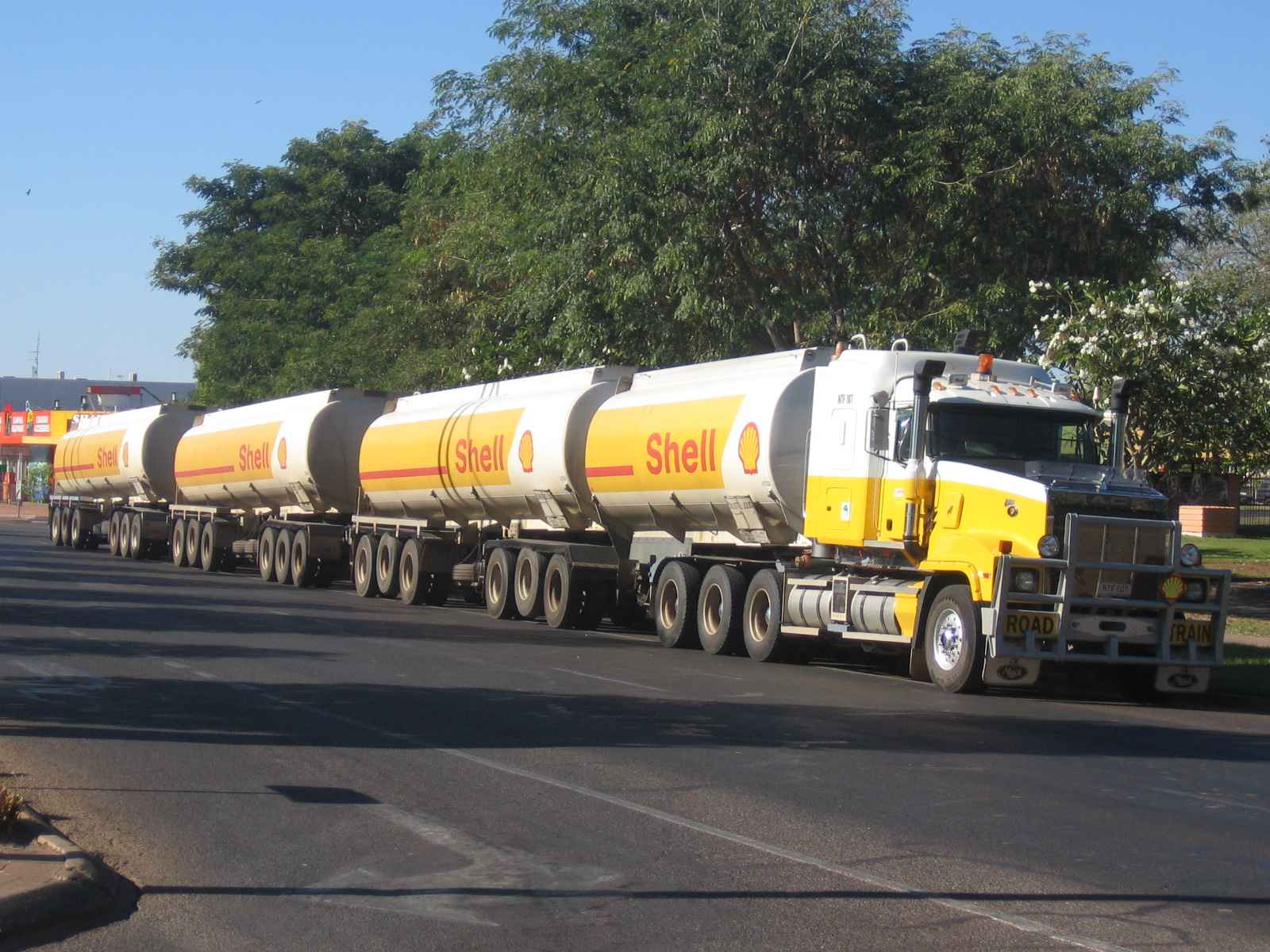This is an interesting story...
The thought has been kicking around for a number of years but looks like some decent research and trials may start soon. I guess there will be issues to be sorted around insurance liabilities, etc, and as new technology would need to be embedded into vehicles it'll be a long time time coming. However, you can see some benefits to this, perhaps initially in the commercial space.
What do people think?
The thought has been kicking around for a number of years but looks like some decent research and trials may start soon. I guess there will be issues to be sorted around insurance liabilities, etc, and as new technology would need to be embedded into vehicles it'll be a long time time coming. However, you can see some benefits to this, perhaps initially in the commercial space.
What do people think?


 I take it ive replied not knowing fully what the subject is?
I take it ive replied not knowing fully what the subject is?